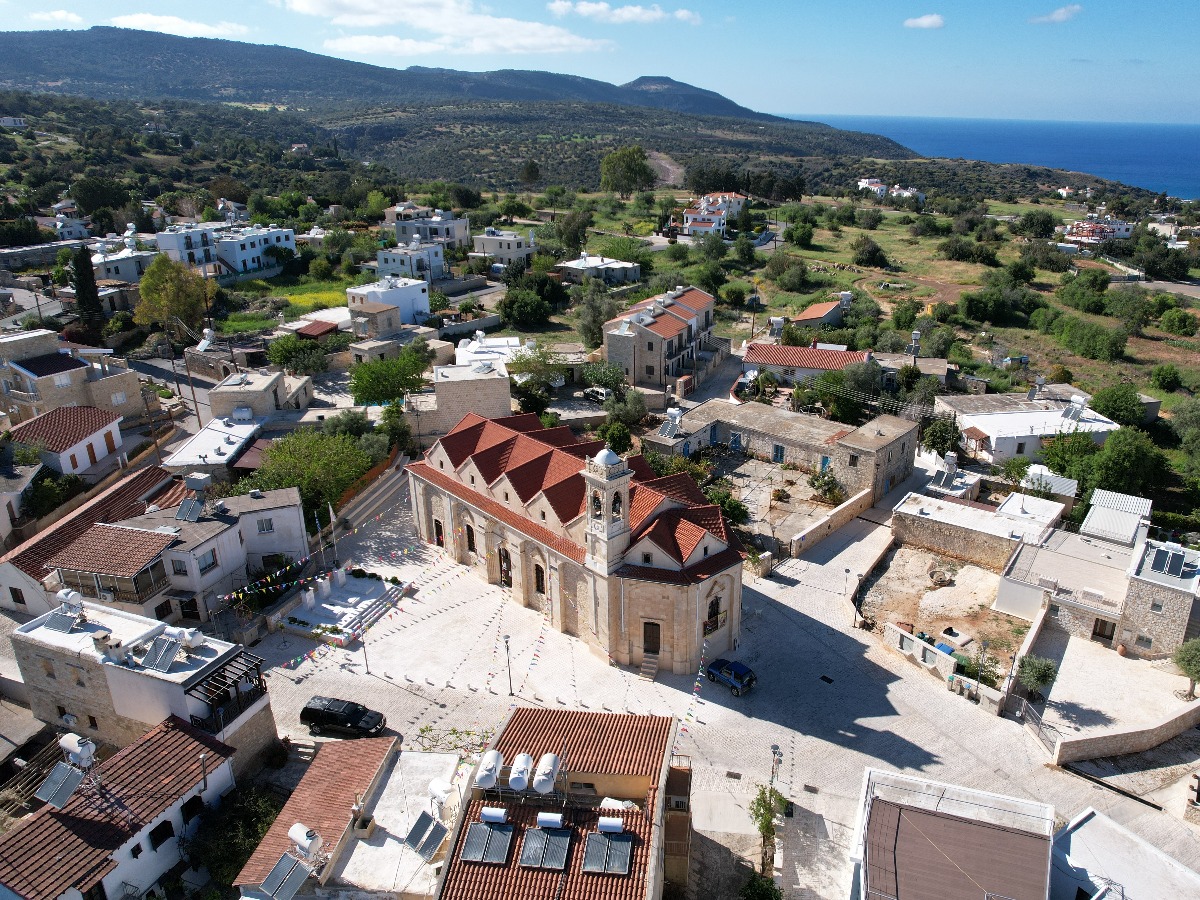Buying Property in Cyprus as a UK Expat

For UK expats seeking a new adventure or a place to retire in the sun, Cyprus is a popular destination that offers a high quality of life, stunning beaches, and a rich cultural heritage. The island’s location in the Eastern Mediterranean, along with its favourable tax system and affordable property prices, make it an attractive option for purchasing a property. In this blog post, we will provide you with a comprehensive guide to buying property in Cyprus as a UK expat. Or, if you’re of Cypriot origin and want to move back from the UK, you can read our guide to repatriating to Cyprus here.
1. Understand the Property Market in Cyprus
Before diving into the property buying process, it’s crucial to familiarise yourself with the local market. Research various locations in Cyprus, such as Famagusta, Larnaca, Limassol, Nicosia, or Paphos, to find the area that best suits your lifestyle and preferences. Consider factors like proximity to amenities, climate, and accessibility.
2. Seek Legal and Financial Advice
Engage the services of a reputable lawyer who specialises in Cyprus property law. They will guide you through the legal aspects of purchasing property and ensure that the transaction adheres to all regulations. Additionally, consult with a financial advisor who can assist with matters like currency exchange, tax implications, and financing options.
Impact of Brexit on Buying Property in Cyprus
Brexit has introduced some changes to the property buying process for UK nationals in Cyprus. While these changes do not significantly impact the feasibility of purchasing property in Cyprus, they do require additional considerations:
- UK National Property Ownership Rights: Following Brexit, UK nationals retain the right to acquire one property in Cyprus, holding the freehold. This property can include apartments, houses, villas on building sites, or plots of land, as long as they do not exceed 4,014 sq. m. Under certain circumstances, the purchase of a second property, such as a holiday home, may be permitted.
- Stay Duration Limitations: Post-Brexit, UK nationals can only stay in Cyprus for a maximum of 90 days within any 180-day period without a visa. If you plan to stay for a longer duration, you will need to apply for a visa.
- Property Purchase Process Changes: UK nationals are now required to seek permission from the Council of Ministers to acquire property, which could take several months to a year to finalise. The transfer of title deeds will not occur until this permission is granted – while this is typically a formality, and refusals are rare, it’s advisable to include a clause in the contract specifying the course of action if permission is not granted.
3. Decide on the Type of Property
Cyprus offers a range of properties, including apartments, villas, and townhouses. Determine your requirements based on your budget, lifestyle, and long-term plans. Consider factors like proximity to the beach, size, amenities, and potential for rental income if you plan to use the property as an investment.

4. Budget and Financing
Establish a realistic budget for your property purchase, factoring in additional costs such as transfer and legal fees, taxes, and maintenance expenses. It’s important to explore financing options, including mortgages offered by local banks in Cyprus, to determine the best solution for your financial situation.
5. Research the Title Deed Status
One critical aspect to consider when purchasing property in Cyprus is the title deed status. Ensure that the property you intend to buy has a clean title deed and is free from any legal encumbrances. This step will protect you from potential complications in the future.
6. Engage a Cypriot Estate Agent
Work with a registered and licensed estate agent locally, who can assist you in finding suitable properties, negotiating deals, and guiding you through the buying process. A reputable agent will provide you with a wide selection of properties that meet your criteria and help facilitate a smooth transaction.
7. Visit and Inspect the Property in Cyprus
Whenever possible, plan a visit to Cyprus to personally view properties of interest. This will allow you to assess the condition, location, and surroundings before making a final decision. If visiting isn’t feasible, consider arranging a virtual tour or hiring a trusted representative to inspect the property on your behalf.
8. Make an Offer and Complete the Purchase
Once you’ve found the perfect property, make an offer through your estate agent. Negotiations may follow, and once both parties agree on the terms, you will need to pay a reservation fee to secure the property. Your lawyer will then conduct due diligence, prepare the contract, and guide you through the final stages of the purchase process.

Buying a property in Cyprus as a UK expat offers an excellent opportunity to enjoy a Mediterranean lifestyle in a beautiful and culturally rich country. If you need help shipping your valuables overseas safely, Andrews Shipping offers a dedicated residential shipping service. Contact us today to find out more.
